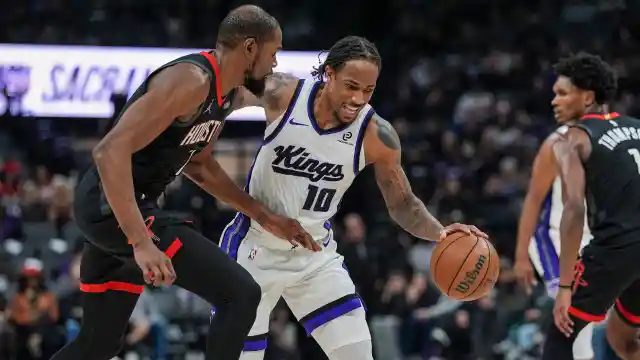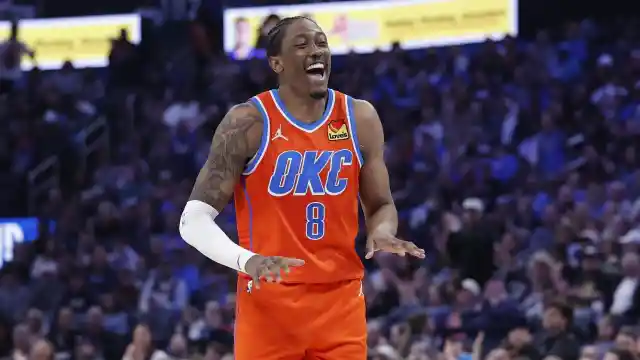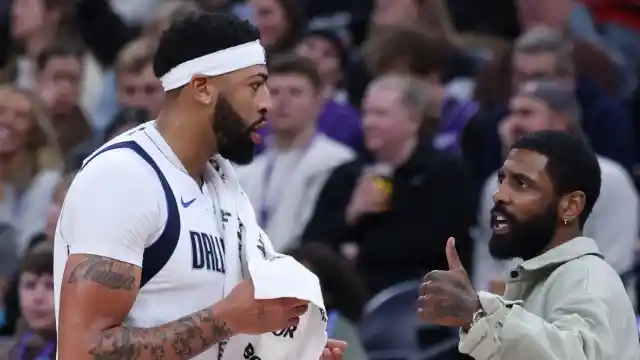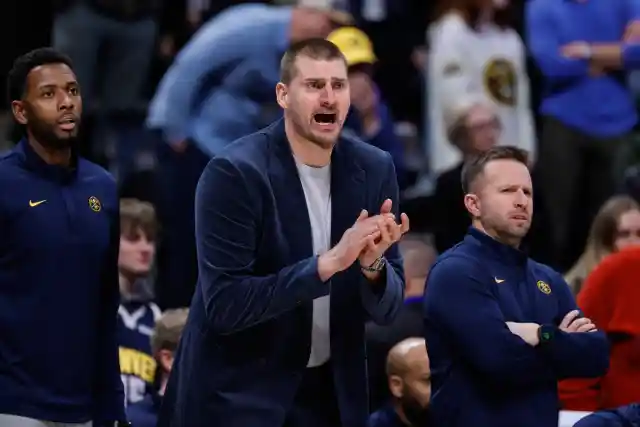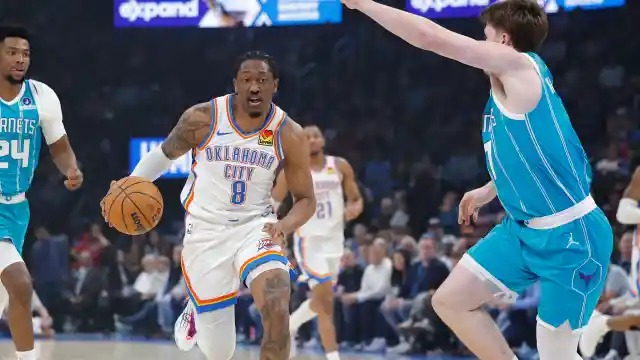The OKC Thunder Have Played Two Consecutive Double OT Games. Is That A Good Thing Or A Bad Thing?
Oct 24, 2025
Any team that wins one double-overtime game has just showcased its resilience and resolve to win. In the case of the Oklahoma City Thunder, they pulled off this feat twice to begin their 2025–26 regular season.
The highlights of the Thunder’s victories over the Houston Rockets and the Indiana Pacers are spectacular to watch. However, amidst the latest display of brilliance from Shai Gilgeous-Alexander and his teammates, there’s one question worth asking.
Is it a good thing or a bad thing when a team plays two consecutive double-overtime games?
To get this discussion started, credit must be given to the super scoring displays that Thunder fans have witnessed on Tuesday and on Thursday. To the surprise of no one, Shai Gilgeous-Alexander popped out of the stat sheets, going off for 35 points against the Rockets and following it up with 55 versus the Pacers.
In the absence of Jalen Williams, multiple Thunder players stepped up to help SGA with the scoring load. Chet Holmgren has averaged 21.5 points and 9.5 rebounds in this two-game stretch, while Ajay Mitchell and Aaron Wiggins were particularly stellar in Indiana, combining for 59 points and missing zero of their 12 attempts from the free-throw line.
Though the Thunder’s bench production has been solid in their first two games, head coach Mark Daigneault continued to place his faith in the starters. Lu Dort, widely considered the best perimeter defender in the NBA today, has played a total of 88 minutes across these two outings. Holmgren and Hartenstein have logged heavy minutes as well, and Gilgeous-Alexander was on the floor for a whopping 92 minutes.
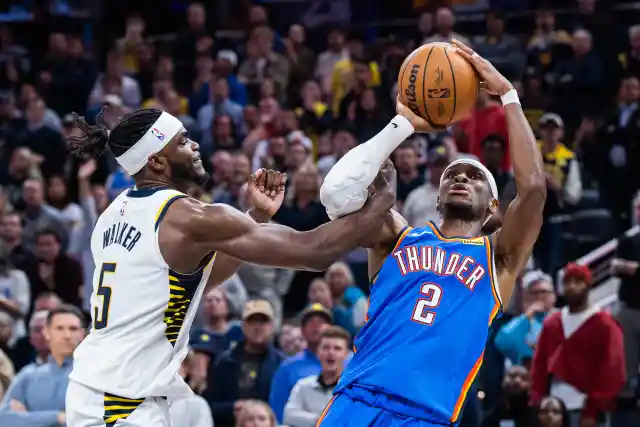
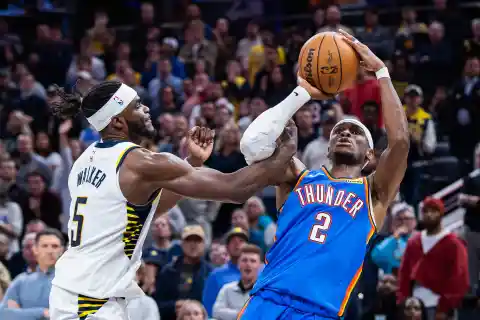
It’s early in the season, but the double-overtime games have translated into plenty of mileage for the Thunder’s key players. Have their gas tanks been depleted before the month of October comes to an end? SGA and his teammates are supremely conditioned, no doubt, but tremendous usage usually translates into higher injury risk.
And then, there are the concerns about defense. On Tuesday, the Thunder were able to limit the Rockets to 28.2% from beyond the arc. Despite this, Kevin Durant and Alperen Şengün kept hitting clutch baskets after clutch baskets in the fourth quarter and the extra periods. Then, on Thursday, OKC was unable to stop Bennedict Mathurin from going off for 36 points. For good measure, Pascal Siakam tallied 32 points on 12-for-25 shooting.
In other words, the Thunder need to show that they can close out opponents in regulation, something that they didn’t quite struggle with last season, given their extreme efficiency on defense. If OKC lets opponents hang around in games, the fatigue might just catch up with them and result in a disappointing loss or two.
It’s safe to say that fans are happy to see thrilling, drawn-out battles won by the defending NBA champions. However, from the standpoint of good basketball habits and even physical well-being, OKC will have to figure out how to end games with a W in 48 minutes instead of close to an hour.
Recommended for You

Jan 12, 2026





